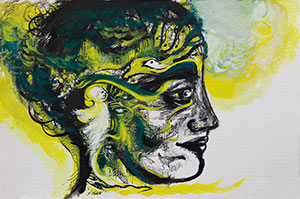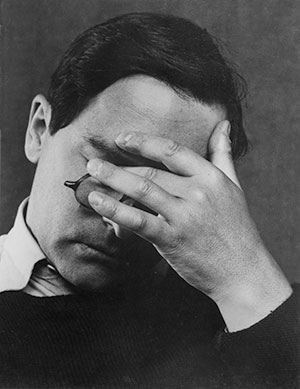 |
 |
||||
|
|||||
The Inner Voice |
|||||
The inner voice is both one of a creative person's most powerful tools and their greatest potential obstacle. How you relate to this internal dialogue can make or break your creative journey. At its best, your inner voice serves as an intuitive guide, helping you sense when something feels authentic or when you're moving in the right direction. It's the part of you that whispers "yes, that's it" when you hit on something meaningful, or suggests unexpected connections between seemingly unrelated ideas. Many creatives describe learning to trust this subtle inner knowing, especially when it conflicts with external expectations or conventional wisdom. This voice also helps you stay true to your artistic vision. It's what tells you when you're making work that genuinely matters to you versus when you're just going through the motions or trying to please others. The inner critic tends to be loudest at vulnerable moments when you're starting something new, sharing work publicly, or taking creative risks. It can paralyze you before you even begin or cause you to abandon projects partway through. Thriving creatively often means developing a more sophisticated relationship with your inner dialogue. This involves learning to distinguish between the helpful intuitive voice and the destructive critical one. The intuitive voice, even when it's pointing out problems, tends to be specific and constructive. The critic tends to be vague and attacking your worth as a person rather than addressing specific issues with the work. Many successful creatives develop strategies for managing the critic—acknowledging it without letting it take control. Some talk back to it, others visualize it as a separate character they can dialogue with rather than automatically believe. There's also what you might call the voice of creative courage—the part that encourages you to take risks, try new things, and persist through difficulties. This voice reminds you that creating something meaningful often requires pushing through discomfort and uncertainty. Regular practices that quiet the mental chatter, whether meditation, long walks, or simply sitting still, help you better distinguish between these different voices. In the noise of daily life, it's easy to mistake anxiety for intuition or let the critic drown out more helpful guidance. What is your inner voice telling you in this moment? |
|||||
Nancy Torbitt-Stewart |
|||||
Deenagh Miller |
|||||
Edward Weston |
|||||
| - | |||||
|
|||||



